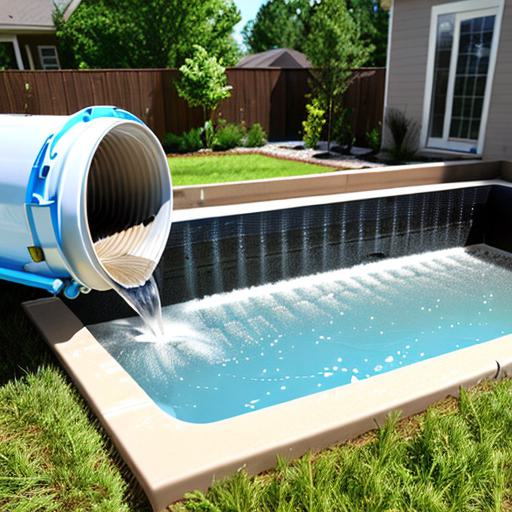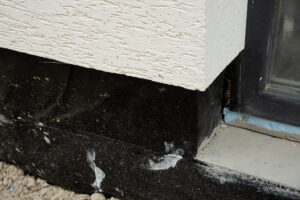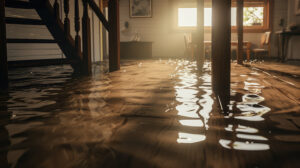Thaws, rain showers, and storms can cause a large amount of water to pool around your house. Any amount of water collected around your home’s foundation can lead to bigger issues in the future such as soil erosion and water leakages in the basement. The best way to prevent this from happening is to take precautionary measures by directing water away from your home. You can use the excess water for other productive purposes such as watering your garden or storing it for later use. In today’s article, we will be discussing several ways how you can drain water away from your home.
- Maintain your gutter system
The gutter acts as a first line of defense against rainwater that falls from your roof. Proper gutter maintenance involves cleaning your gutters and ensuring it is in good condition to hold rainwater from the roof. Clogged gutters cause water to overflow near the house rather than away from it. If it is properly maintained, it catches any water flow from the roof and directs it to your downspouts which then drains water away from your home.
- Extend your downspouts
Downspouts are connected to the gutter system and run vertically from the roof to the ground. They should drain water away from the foundation of your house by at least 6 feet.

Draining the water away from home will protect your basement
If your downspout doesn’t push out water this far, you should consider installing an extension to increase its effectiveness. Once the downspout reaches the ground at the bottom of the house, it should be connected to an elbow pipe and another extension that slopes away from the foundation.
- Install a rain barrel
If you can’t extend your downspouts far away from the house, you should consider installing a rain barrel. Rain barrels are designed to collect and store rainwater from your downspouts which can be used for other purposes in your yard. For instance, you can use the excess water for irrigating your lawn or garden, cleaning your yard tools, and washing the driveway. Not only does it prevent rainwater from pooling around your foundation but also reduces your monthly water bills.
- Grade landscaping
The landscaping in your yard should be graded away from the foundation of the house. Poorly graded landscaping is one of the main causes of a flooded basement. If you have minor issues in a specific area after a rainstorm then you can focus on that section. However, if water pools around your house every time it rains, then you can always involve the services of a professional landscaping company to ensure your compound is properly graded.
- Install a sump pump
A sump pump is a device that extracts underground water from your basement and drains it outside once it reaches a certain level. It is located in a hole carved below your basement floor, known as the basin. This system has valves that sense elevated pressure or water levels and automatically pump excess water out of the basement through a discharge line. The discharge line extends far away from your house to a designated area such as a rain garden or dry well.
- Install a dry well
A dry well is an underground structure connected to a discharge line that accepts excess water from the downspouts, or sump pump drain line and leads it further underground. A successful dry well installation harnesses gravity that helps to direct water to the lowest point in your yard where it was installed. A hole is dug deep enough to hold the perforated tanks. The bottom and surrounding area is filled with crashed rocks so water can easily seep through to the ground when connected to a discharge line from the downspout or sump pump.
- Rain garden
Not only do rain gardens reduce the amount of water runoff from your home’s foundation but also make a beautiful addition to your landscaping. They should be installed at least 10 feet from your home and contains layers of soil, sand, gravel, and rocks that trap and contain water. The rain garden should have plants that thrive well in wet conditions and can also create a good habitat for birds, butterflies, and other native wildlife.
The main reason behind directing water away from your house is to keep the soil around the foundation dry, to prevent soil erosion, potential flooding, and soggy soil. Any water pooling around the house can lead to water leaks in the basement and moisture buildup that causes extensive damage to your home’s foundation.



